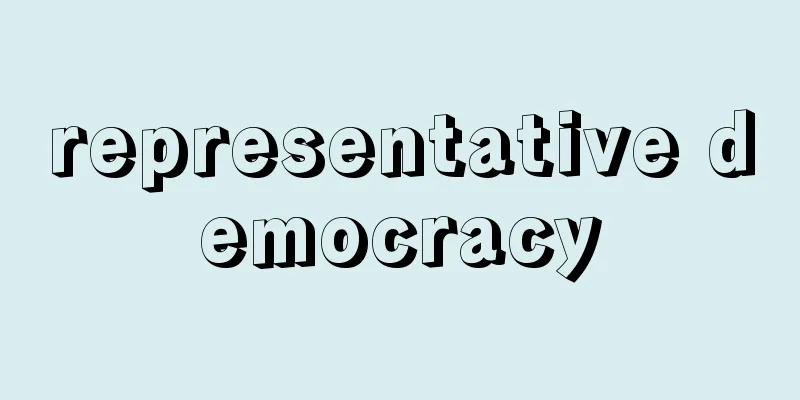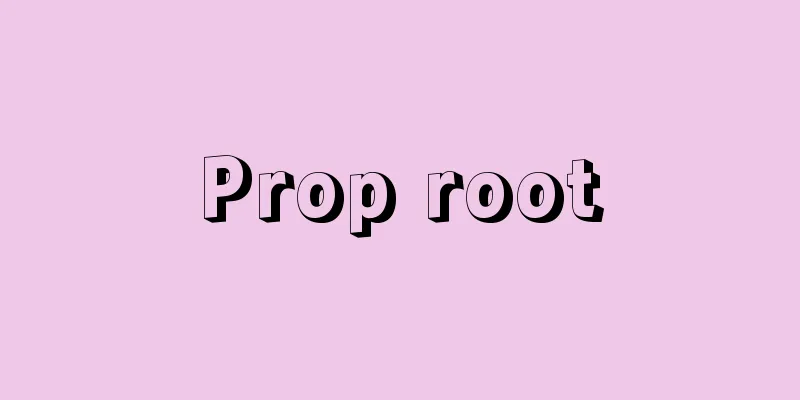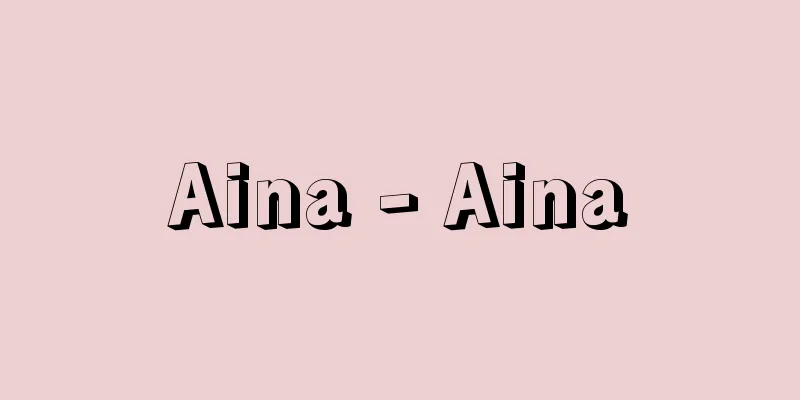representative democracy

|
Direct democracy is a system in which the people or residents, who are the voters, make political decisions directly. It is a concept that is contrasted with indirect democracy, in which the people or residents only participate in political decisions indirectly by electing members of the representative body that makes political decisions, or representative democracy. There are two types of direct democracy: direct democracy and direct legislation. *Some explanations of terms that refer to "representative democracy" are listed below. Source | Heibonsha World Encyclopedia 2nd Edition | Information |
|
…有権者である国民ないし住民がみずから直接に政治決定をおこなう制度であり,国民ないし住民は政治決定をおこなう代表機関の構成員を選挙することをとおして政治決定に間接的に参加するにすぎない間接民主制indirect democracy,ないし代表民主制representative democracyと対置される概念である。 直接民主制には,直接民主政治と直接立法制という2種類のものがある。… ※「representative democracy」について言及している用語解説の一部を掲載しています。 出典|株式会社平凡社世界大百科事典 第2版について | 情報 |
<<: Representation of the People Act
Recommend
Crude drug
…In other words, because they could be stored and...
Solid South
In the United States, southern states showed suppo...
Yellow-headed planthopper - Yellow-headed planthopper
...In Japan, they are commonly found among grass ...
RMS Granularity - RMS Granularity
The RMS granularity is a measure of the grainines...
Asahi Kasei Corporation - Asahi Kasei Kogyo
A comprehensive chemical company that grew from a ...
Medical Finance Corporation
A government financial institution established in...
Doi [town] - Doi
A former town in Uma District, eastern Ehime Prefe...
"Igawa Gekijyoshu" - Isen Gekijyoshu
…He never held any government position and ended ...
Nine Links - Nine Links
...The Cross Breaker in Figure 35 is in the same ...
Lama Tower - Lama Tower
A Chinese pagoda in a style descended from the Tib...
Kingdom of England - England Oukoku
The Kingdom of Wessex was formed when England was ...
Oil paints
〘 noun 〙 Paint used for painting oil paintings ③. ...
Korean Air [company] - Korean Air
KAL is an abbreviation of Korean Air Lines. It is ...
The Entstehung of the Containment and Water (English: The Entstehung of the Containment and Water)
… Wegener made his continental drift theory publi...
Kakinomoto no Hitomaro - Kakinomoto no Hitomaro
Dates of birth and death unknown. A representativ...









